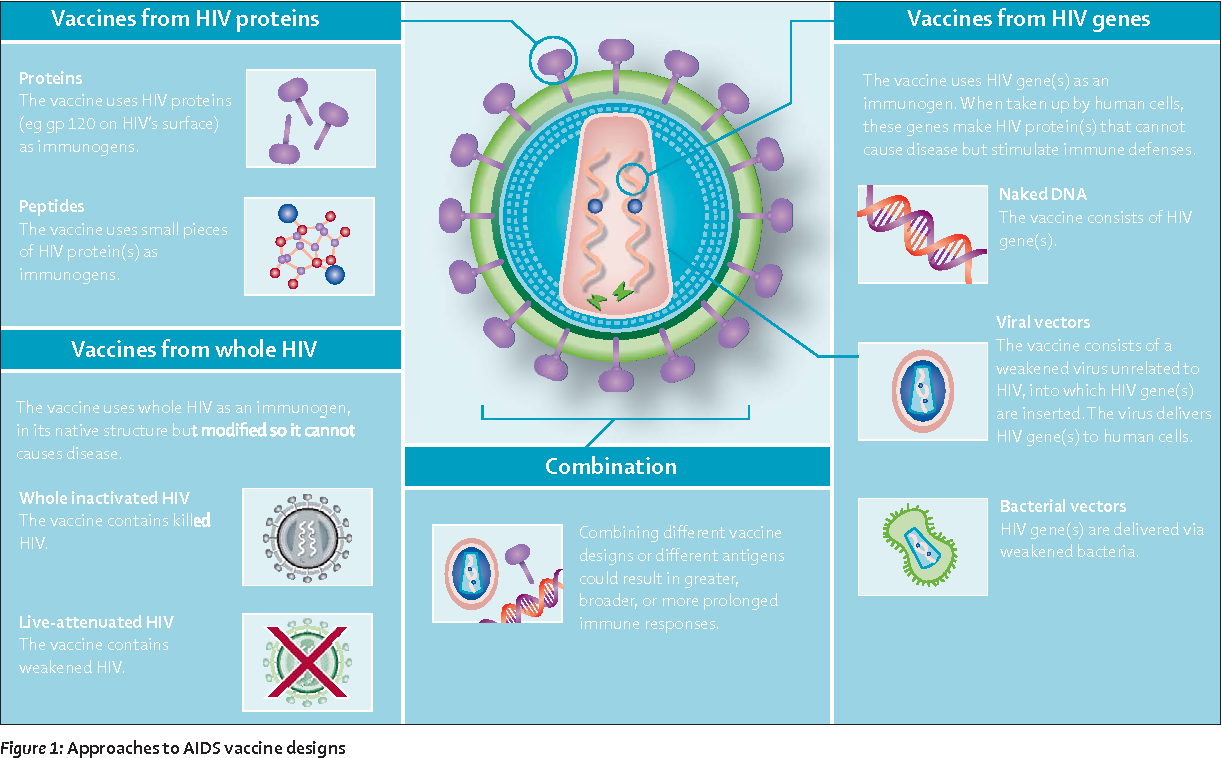Arts & Humanities
PHD Dissertation
- Gender Equality of Women in Sport
- Overview of Media and Technology in Society
- Impact of Literacy on Student Readiness in Mathematical Concepts
- Challenges in Development of Vaccine for HIV/AIDS
- Urban Geography and Governance in Rio de Janeiro
- Climate change impacts on marine ecosystems
- Current Practice in the Juvenile Justice System
- Importance of Manipulative in Teaching Elementary Mathematics
- A Case Study on Linguistic Complexity Analysis
Challenges in Development of Vaccine for HIV/AIDS
The development of a safe and effective HIV-1 vaccine is a critically important global health priority. Despite recent advances in our understanding of HIV-1 pathogenesis and immunology, however, major scientific obstacles remain. Prototype HIV-1 vaccine candidates aimed at eliciting humoral and cellular immune responses have to date failed to protect against HIV-1 infection or to reduce viral loads following infection in clinical efficacy studies. A renewed and coordinated commitment to basic discovery research, preclinical studies, and clinical trials will therefore be required to overcome the hurdles currently facing the field. Here I review key challenges and future prospects in the quest to develop a prophylactic HIV-1 vaccine.

Fig.1. Scientific Challenges in Developing HIV Vaccine.
It has been 25 years since HIV-1 was identified as the causative agent for AIDS1–5. Over 60 million people worldwide have been infected with HIV-1, mostly in the developing world, and nearly half of these individuals have died. The development of a safe and effective HIV-1 vaccine would undoubtedly be the best solution for the ultimate control of the worldwide AIDS pandemic6, but unfortunately HIV-1 vaccine development efforts have not yet proven successful. The extraordinary diversity of HIV-1, the capacity of the virus to evade adaptive immune responses, the inability to induce broadly reactive antibody responses, the early establishment of latent viral reservoirs, and the lack of clear immune correlates of protection represent unprecedented challenges for vaccine development.
